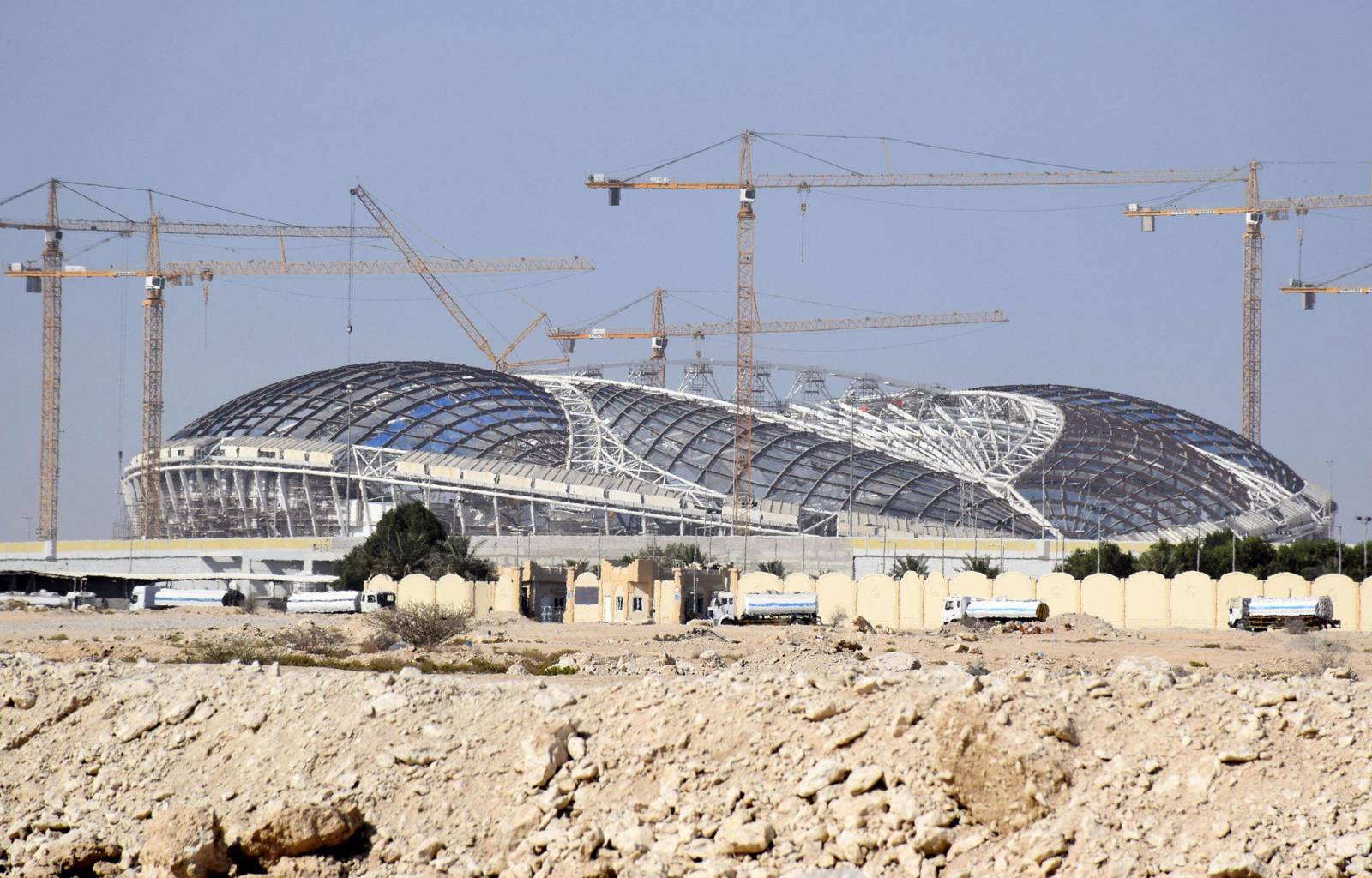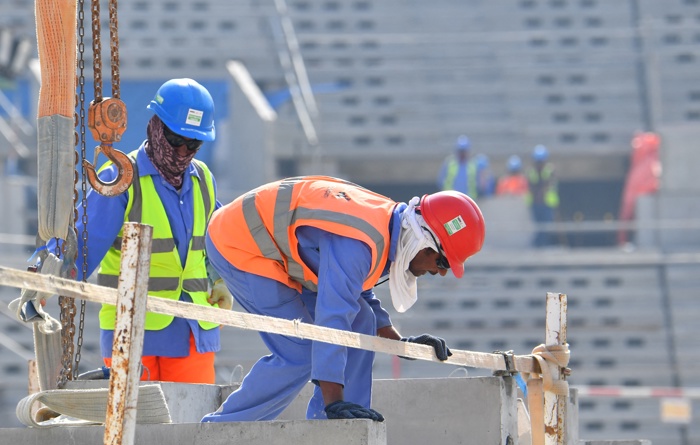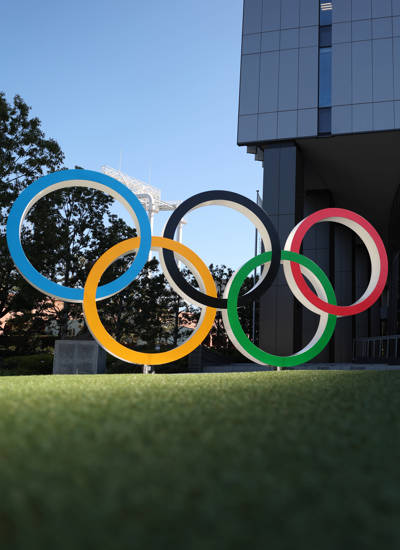
With the collaboration of global union, Building and Wood Workers’ International (BWI), and human rights organisation Amnesty International, FIFPRO has created a briefing document to assist these players. The document provides independent information about Qatar, including the current state of human rights, recent labour reforms and the conditions of migrant workers. It was recently sent to FIFPRO’s 64 member unions and is being shared with players all over the world.
In the past months, FIFPRO and BWI have been closely cooperating and coordinating a number of other initiatives to help footballers who want to engage proactively on labour rights issues in Qatar. The first of these took place on May 11 and brought migrant workers and players face-to-face in an online video call. The 90-minute call was organised to enable players and workers to connect in a safe and confidential environment; it allowed workers to share their experiences and players to find out first-hand about their lives in Qatar.
The workers, some of whom have helped build 2022 FIFA World Cup venues and infrastructure, were invited to participate on the video call by BWI, which has campaigned for fundamental workers’ rights in Qatar since 2010.

